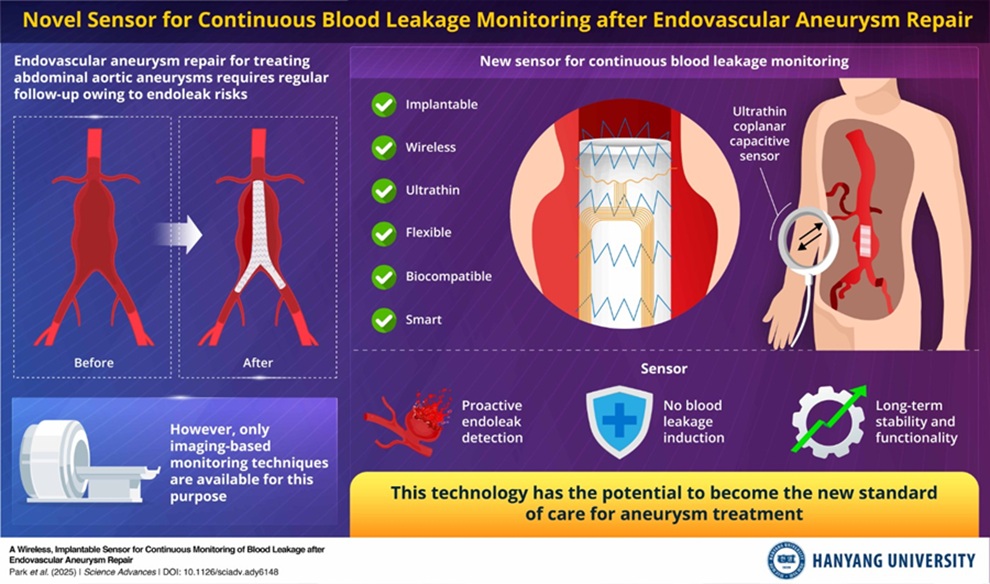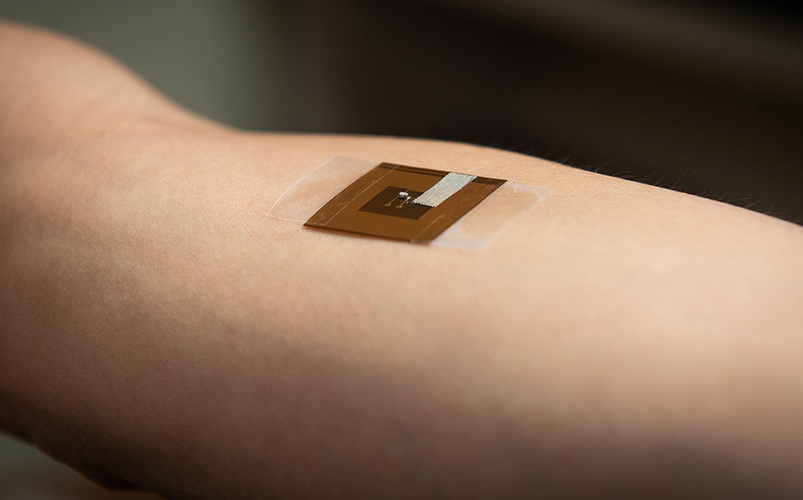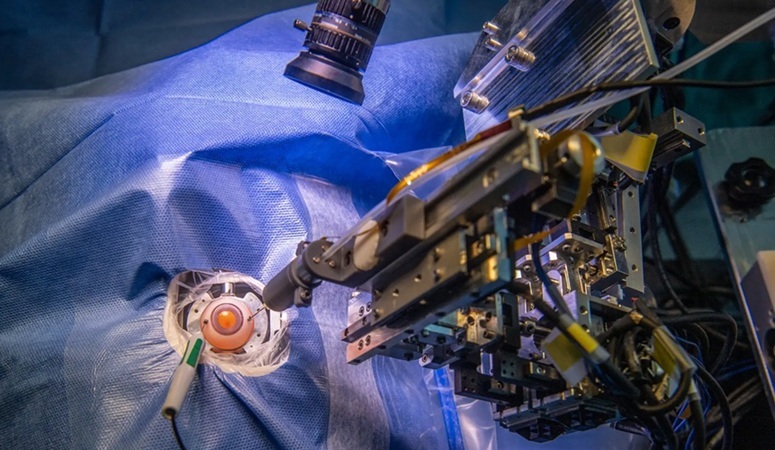FDA to Establish Oversight Rules for AI in Medicine
|
By HospiMedica International staff writers Posted on 17 Apr 2019 |
The US Food and Drug Administration (FDA; Silver Spring, MD, USA) is developing a framework for regulating artificial intelligence (AI) products used in medicine that continually adapt based on new data.
In a white paper published in March 2019, the FDA details the criteria the agency proposes for rules that will be used to determine when and if medical products that rely on AI will require FDA review before being commercialized. The FDA review may include examination of the underlying performance of a product’s algorithms, a manufacturer’s plan to make modifications, and the manufacturer’s ability to manage the risks associated with any modifications.
The FDA has already approved medical devices that rely on “locked algorithms,” which do not change each time they are used, but instead are changed by a manufacturer at intervals, using specific training data and a validation process to ensure proper functioning of the system. Among such devices approved during 2018 were a device that is used to detect degenerative diabetic retinopathy, and another one designed to alert providers of a potential stroke in patients.
According to the FDA, the proper performance of those locked algorithms, and others like them, is crucial to ensuring that doctors base life-and-death treatment decisions on accurate information. That task is harder for products that learn and evolve on their own, in ways that are difficult even for the manufacturers of such systems to understand. An example of such one system uses AI algorithms to identify breast cancer lesions on mammograms and learns to improve its confidence and identify new subgroups of cancer, based on its exposure to additional real world data.
“A new approach to these technologies would address the need for the algorithms to learn and adapt when used in the real world. It would be a more tailored fit than our existing regulatory paradigm for software as a medical device,” explained FDA outgoing commissioner Scott Gottlieb, MD. “I can envision a world where, one day, artificial intelligence can help detect and treat challenging health problems, for example by recognizing the signs of disease well in advance of what we can do today.”
The FDA recently launched a fellowship program with Harvard University (Boston, MA, USA) on AI and machine learning, which is focused on designing, developing, and implementing algorithms for regulatory science applications. One such example is innovative clinical decision support software that uses AI algorithms to help alert neurovascular specialists of brain deterioration.
Related Links:
US Food and Drug Administration
In a white paper published in March 2019, the FDA details the criteria the agency proposes for rules that will be used to determine when and if medical products that rely on AI will require FDA review before being commercialized. The FDA review may include examination of the underlying performance of a product’s algorithms, a manufacturer’s plan to make modifications, and the manufacturer’s ability to manage the risks associated with any modifications.
The FDA has already approved medical devices that rely on “locked algorithms,” which do not change each time they are used, but instead are changed by a manufacturer at intervals, using specific training data and a validation process to ensure proper functioning of the system. Among such devices approved during 2018 were a device that is used to detect degenerative diabetic retinopathy, and another one designed to alert providers of a potential stroke in patients.
According to the FDA, the proper performance of those locked algorithms, and others like them, is crucial to ensuring that doctors base life-and-death treatment decisions on accurate information. That task is harder for products that learn and evolve on their own, in ways that are difficult even for the manufacturers of such systems to understand. An example of such one system uses AI algorithms to identify breast cancer lesions on mammograms and learns to improve its confidence and identify new subgroups of cancer, based on its exposure to additional real world data.
“A new approach to these technologies would address the need for the algorithms to learn and adapt when used in the real world. It would be a more tailored fit than our existing regulatory paradigm for software as a medical device,” explained FDA outgoing commissioner Scott Gottlieb, MD. “I can envision a world where, one day, artificial intelligence can help detect and treat challenging health problems, for example by recognizing the signs of disease well in advance of what we can do today.”
The FDA recently launched a fellowship program with Harvard University (Boston, MA, USA) on AI and machine learning, which is focused on designing, developing, and implementing algorithms for regulatory science applications. One such example is innovative clinical decision support software that uses AI algorithms to help alert neurovascular specialists of brain deterioration.
Related Links:
US Food and Drug Administration
Channels
Critical Care
view channel
Ingestible Capsule Monitors Intestinal Inflammation
Acute mesenteric ischemia—a life-threatening condition caused by blocked blood flow to the intestines—remains difficult to diagnose early because its symptoms often mimic common digestive problems.... Read more
Wireless Implantable Sensor Enables Continuous Endoleak Monitoring
Endovascular aneurysm repair (EVAR) is a life-saving, minimally invasive treatment for abdominal aortic aneurysms—balloon-like bulges in the aorta that can rupture with fatal consequences.... Read more
Wearable Patch for Early Skin Cancer Detection to Reduce Unnecessary Biopsies
Skin cancer remains one of the most dangerous and common cancers worldwide, with early detection crucial for improving survival rates. Traditional diagnostic methods—visual inspections, imaging, and biopsies—can... Read moreSurgical Techniques
view channel
Robotic Assistant Delivers Ultra-Precision Injections with Rapid Setup Times
Age-related macular degeneration (AMD) is a leading cause of blindness worldwide, affecting nearly 200 million people, a figure expected to rise to 280 million by 2040. Current treatment involves doctors... Read more
Minimally Invasive Endoscopic Surgery Improves Severe Stroke Outcomes
Intracerebral hemorrhage, a type of stroke caused by bleeding deep within the brain, remains one of the most challenging neurological emergencies to treat. Accounting for about 15% of all strokes, it carries... Read morePatient Care
view channel
Revolutionary Automatic IV-Line Flushing Device to Enhance Infusion Care
More than 80% of in-hospital patients receive intravenous (IV) therapy. Every dose of IV medicine delivered in a small volume (<250 mL) infusion bag should be followed by subsequent flushing to ensure... Read more
VR Training Tool Combats Contamination of Portable Medical Equipment
Healthcare-associated infections (HAIs) impact one in every 31 patients, cause nearly 100,000 deaths each year, and cost USD 28.4 billion in direct medical expenses. Notably, up to 75% of these infections... Read more
Portable Biosensor Platform to Reduce Hospital-Acquired Infections
Approximately 4 million patients in the European Union acquire healthcare-associated infections (HAIs) or nosocomial infections each year, with around 37,000 deaths directly resulting from these infections,... Read moreFirst-Of-Its-Kind Portable Germicidal Light Technology Disinfects High-Touch Clinical Surfaces in Seconds
Reducing healthcare-acquired infections (HAIs) remains a pressing issue within global healthcare systems. In the United States alone, 1.7 million patients contract HAIs annually, leading to approximately... Read moreBusiness
view channel
Philips and Masimo Partner to Advance Patient Monitoring Measurement Technologies
Royal Philips (Amsterdam, Netherlands) and Masimo (Irvine, California, USA) have renewed their multi-year strategic collaboration, combining Philips’ expertise in patient monitoring with Masimo’s noninvasive... Read more
B. Braun Acquires Digital Microsurgery Company True Digital Surgery
The high-end microsurgery market in neurosurgery, spine, and ENT is undergoing a significant transformation. Traditional analog microscopes are giving way to digital exoscopes, which provide improved visualization,... Read more
CMEF 2025 to Promote Holistic and High-Quality Development of Medical and Health Industry
The 92nd China International Medical Equipment Fair (CMEF 2025) Autumn Exhibition is scheduled to be held from September 26 to 29 at the China Import and Export Fair Complex (Canton Fair Complex) in Guangzhou.... Read more













